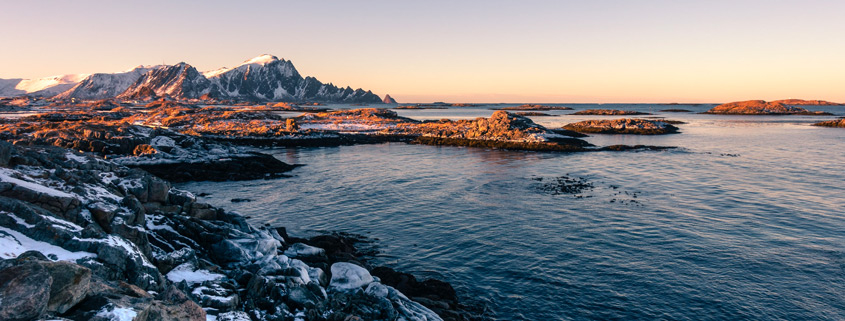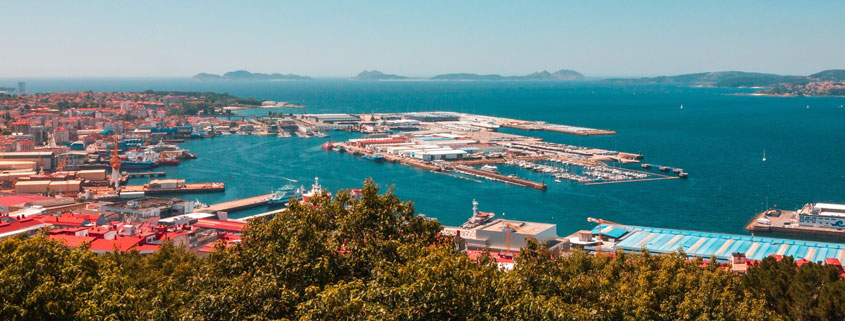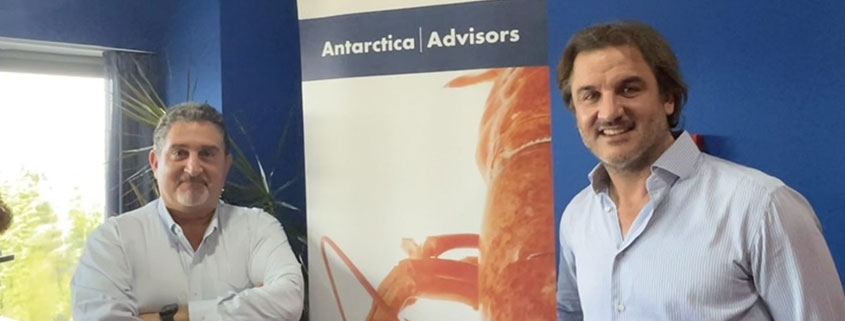Norway-backed Argentine white fish firm seeks investor ‘partner’ to finance M&A in new species
Norway’s Ocean Harvest, which owns Argentine fishing firm Estremar, is looking for an investor ‘partner’ to help finance M&A in new species, seeing an opening in the Latin American country after the upcoming election.
The company is looking to raise around $70 million from selling a minority stake of up to 49%, chairman Webjorn Eikrem toldUndercurrent News.
“We are looking at industrial partners with good financial strength so that we can do financing together on [M&A]projects in Argentina,” he said.”We would be willing to go to 50/50; it depends on the partner if we find a partner we trust. We are not very complicated people. So, if I could look them in the eye and say this is what we do together jointly. We can live with 50/50.”
DNB, Norway’s largest bank, and Antarctica Advisors, a seafood-focused corporate finance boutique based in the US, have been retained to run the process. The two firms have “different customer bases,” hence the joint engagement, said Eikrem.
“I have told both AA [Antarctica] and DNB they have until the end of the year, and if we don’t get a partner, we will leave it as it is. We should be able to grow the company anyway, but it will take longer,”he said.
Ocean Harvest’s Estremar is active in hoki, toothfish and southern blue whiting but aims to move into other species through M&A.
“I think the main growth avenue is going be other species. There’s no wish for us to increase in toothfish; the cap is there,” he said.
Estremar has 1,400 metric tons of quota for the prized Patagonian toothfish, as well as 10,213t for hoki and 1,862 for southern blue whiting, which it’s currently refitting the Centurion del Atlantico factory trawler to turn into surimi. The company has then acquired another vessel to catch its toothfish quota.
Argentine shrimp is the “obvious” species for expansion. “Then, squid and scallops. If we secure a partner, we can move fast; if we don’t, it will take some time,” he said.
The company is also looking beyond its fishing routes for growth. “If a partner comes along with land-based processing experience, that will be an option,” Eikrem told Undercurrent.
Eikrem, Norwegian but has been working in Argentina since the early 1990s, said he sees openings in the country after the upcoming election.
“I’ve been around in Argentina a long time; I have been there since 1992. I was there in ’92 on board the ship when it first arrived, so I know you’re not coming in and out of Argentina within two years, thinking you will make money. You need to be long-term,” he said.
“Our reasoning for this is that we believe there will be opportunities in Argentina after the election. We strongly believe that the election will be on the right side so that we can have a more business-friendly approach. Maybe not the first year, but there will be openings in the next three to four years, “he said.
Javier Milei, a right-wing populist and ultraliberal economist, is currently leading the polls in Argentina. One of his policies is to dollarize the economy, which has caused the peso to dive in value. The election will take place on Oct. 22.
“It’s tough for banks to finance anything in Argentina due to the restrictions and other things,” he said. “And certainly, we need a strong partner on the outside to be able to pull off acquisitions. So that is the reasoning; there’s nothing dramatic about it. We want to secure ourselves with the correct partner with the same outlook on things as we do.”
Then, it’s conditional to keep Estremar as the operating company, he said. “We think we have excellent management there led by Alan Mackern, and we want to build on that. That is one of the strict requirements we will have with a partner: that we will have Estremar managing the joint venture.”
Centurion del Atlantico surimi refit
The share sale move comes as Ocean Harvest is in the middle of a$40m refit of Estremar’s Centurion del Atlantico factory trawler in Norway for surimi production. The vessel’s refit is “fully financed” and has nothing to do with the fundraising, said Eikrem.
“We’re putting in all kinds of newer technology that exists today. We will produce high-quality surimi when we return to Argentina in May-June next year.”
The 118-meter Centurion delAtlantico was built in 1986 by Japan’s Mitsubishi Corp. for surimi production, then sent down to Argentina in 1992-93. “I worked on the Centurion in ’92 as a fish master,” said Eikrem.
Ocean Harvest has also acquired another vessel, the 63-meter SanArawa II, which it has converted to harvest toothfish, which Centuriondel Atlantico was previously doing. In 2019, Estremar inked a deal to manage San Arawa’s vessels.
“Estremar had management on San Arawa in the last couple of years, but the vessel was doing hoki fillets. So, we know it very well. We think it’s better suited for the toothfish fishery than Centurion was,” he said. “On the Centurion, we have rebuilt everything, from the main engine to the propeller shafts, a fishmeal factory. She will be a great surimi producer and San Arawa II a perfect vessel for toothfish.”
He said that when Centurion del Atlantico is operating again next year, Estremar should have gross revenue of about $70m.
There’s also the opening to add to its hoki/southern blue whiting quotas.
“We used to have a bigger quota on the Centurion, but we have not been participating in the fishery, as we have been doing toothfish since 2014. There’s a lot of quota available in Argentina that isn’t being fished, and not many companies are going for southern blue whiting and hoki. We think we can operate the vessel for eight to nine months a year,” he said.
Undercurrent reported that surimi prices have crashed, with a 50% reduction on last year.
“We follow the reduction in surimi prices now, partly due to the price itself and partly the exchange rates in yen and dollars. It’s over a year until our product hits the market; it will be a different market then, and we have heard from producers the prices will recover. But, who knows, you never know what will happen in a year in this world,” said Eikrem.
Source: Undercurrent News.



